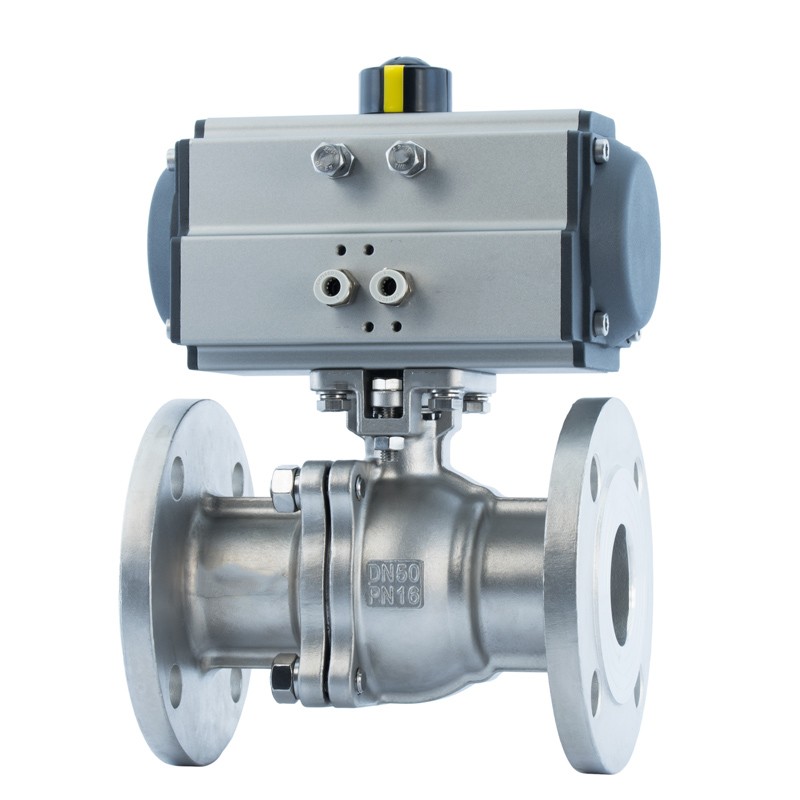High-Quality Carbon Steel Pipe Fittings for Reliable Industrial and Commercial Applications
Understanding Carbon Steel Pipe Fittings Essential Components for Industrial Applications
Carbon steel pipe fittings play a crucial role in various industrial applications, ranging from oil and gas to construction and manufacturing. These fittings are designed to connect pipes, allowing for the efficient transport of fluids and gases. Their durability, strength, and versatility make them indispensable in many sectors.
Composition and Types of Carbon Steel
Carbon steel is an alloy consisting primarily of iron and carbon, with additional elements that can enhance certain properties. The carbon content in steel can vary, influencing characteristics such as strength, ductility, and weldability. Generally, lower carbon content makes steel more ductile and easier to weld, while higher content enhances strength and hardness.
There are various types of carbon steel used for pipe fittings, including low, medium, and high carbon steels. Low carbon steel (0.05% to 0.25% carbon) is commonly used in applications requiring good weldability and ductility. Medium carbon steel (0.25% to 0.6% carbon) offers a balance between strength and ductility, ideal for structural applications. High carbon steel (0.6% to 1.4% carbon) is known for its high strength and hardness, typically used in specialized applications.
Advantages of Carbon Steel Pipe Fittings
1. Strength and Durability Carbon steel fittings are renowned for their strength. They can withstand high pressure and temperature, making them suitable for critical applications in various industries. Their robust nature ensures that they don't easily deform or fail under stress.
2. Versatility These fittings come in various shapes and sizes, allowing them to accommodate a wide range of piping systems. Whether it's elbows, tees, reducers, or flanges, carbon steel fittings can be crafted to meet specific project requirements.
carbon steel pipe fittings

3. Corrosion Resistance While carbon steel is susceptible to rust when exposed to moisture, many manufacturers treat these fittings to enhance their corrosion resistance. This can be achieved through various coatings and finishes, allowing them to perform effectively even in harsh conditions.
4. Cost-Effective Compared to other materials like stainless steel, carbon steel is generally more affordable, making it an attractive option for budget-conscious projects without compromising quality and performance.
Common Applications
Carbon steel pipe fittings are employed across several industries. In the oil and gas sector, they are used to facilitate the flow of hydrocarbons, connecting pipelines in refining and distribution processes. In construction, they are integral to plumbing and heating systems, ensuring that water and steam move efficiently through buildings.
Furthermore, these fittings play an essential role in manufacturing processes, where they connect equipment and machinery to transport various substances, from chemicals to gases. Their adaptability makes them suitable for both commercial and residential applications.
Conclusion
In summary, carbon steel pipe fittings are vital components in a multitude of industries, delivering strength, versatility, and cost-effectiveness. Understanding the properties, types, and advantages of these fittings can assist professionals in choosing the right material for their specific applications. As industries continue to evolve, the demand for reliable and durable piping solutions will certainly increase, solidifying the role of carbon steel fittings as a cornerstone in modern infrastructure.
-
3-types-of-check-valves-maintenance-tipsNewsAug.23,2025
-
ball-valves-types-with-trunnion-mounted-designNewsAug.23,2025
-
butterfly-valve-company-production-capabilitiesNewsAug.23,2025
-
fisher-globe-valve-technical-specificationsNewsAug.23,2025
-
types-of-gaskets-for-flanges-selection-guideNewsAug.23,2025
-
wedge-gate-valve-suppliers-quality-standardsNewsAug.23,2025
-
Breakthrough in Domestic Low Temperature Valve Technology in ChinaNewsAug.18,2025




